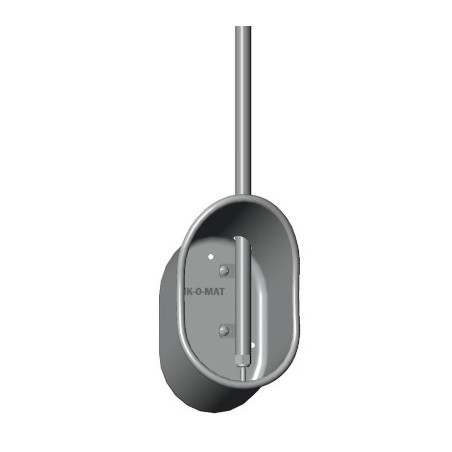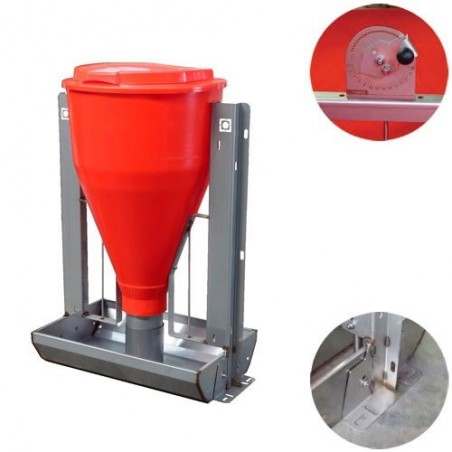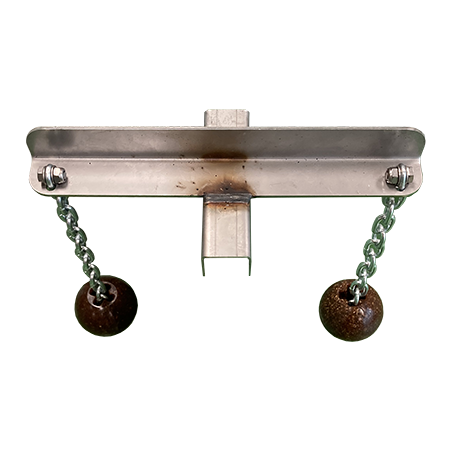High temperatures represent one of the major reasons for economic and productive losses in the pig industry. The diet composition affects directly the feed intake of animals subjected to heat stress, and alters their total body heat production. For this reason, it was hypothesized that supplementing the diet with fat could provide pigs with their energy requirements with a minimum level of heat increment. Therefore, the aim of the present study was to assess the replacement of 5% of starch (ST) by 5% of sunflower oil (SO), with or without feed restriction, in the diet of growing-finishing Iberian × Duroc pigs exposed to heat stress conditions. The effects of these strategies on the performance and meat quality of the animals were studied. A total of 72 crossbred males (51.00 ± 6.29 kg BW) were randomly distributed into a randomized 2 × 2 factorial design study composed of two diets (control or oil) and two feed management (ad-libitum and restriction). Pigs were housed in collective pens in climate-controlled rooms under heat stress conditions (30–32 °C; 35%–50% humidity). In brief, the studied treatments were: 1) control diet (5% ST × 0% SO) with ad-libitum feed intake, 2) oil diet (replacement of 5% of ST by 5% SO) with ad-libitum feed intake, 3) control diet with restriction feed intake, and 4) oil diet with restriction feed intake. Meat and carcass quality analyses were performed 24 h post-mortem once the animals had reached an average BW of 130–140 kg.
As a result, pigs receiving the oil diet showed a reduced feed intake with no difference in average daily gain and consequently presented better feed conversion values compared to animals on the control diet. Furthermore, the oil diet resulted in a higher carcass yield as well as a higher oleic fat content in the meat. Pigs on restricted feeding management with lower body and carcass weights produced higher values of leanness percentage and carcass compared to animals in the ad-libitum group.

In conclusion, the replacement of 5% of starch by 5% of sunflower oil in growing-finishing pigs during high ambient temperature conditions improved the feed efficiency and meat characteristics. Therefore, it is an efficient nutritional strategy for pigs kept under high temperatures or heat stress conditions.
Oliveira ACF, González J, Asmar SE, Batllori NP, Vera IY, Valencia UR, Lizardo R, Borges TD, Esteve-garcia E, Panella-Riera N, Costa LB. The effect of feeder system and diet on welfare, performance and meat quality, of growing-finishing Iberian× Duroc pigs under high environmental temperatures. Livestock Science. 2020; 234: 103972. https://doi.org/10.1016/j.livsci.2020.103972






